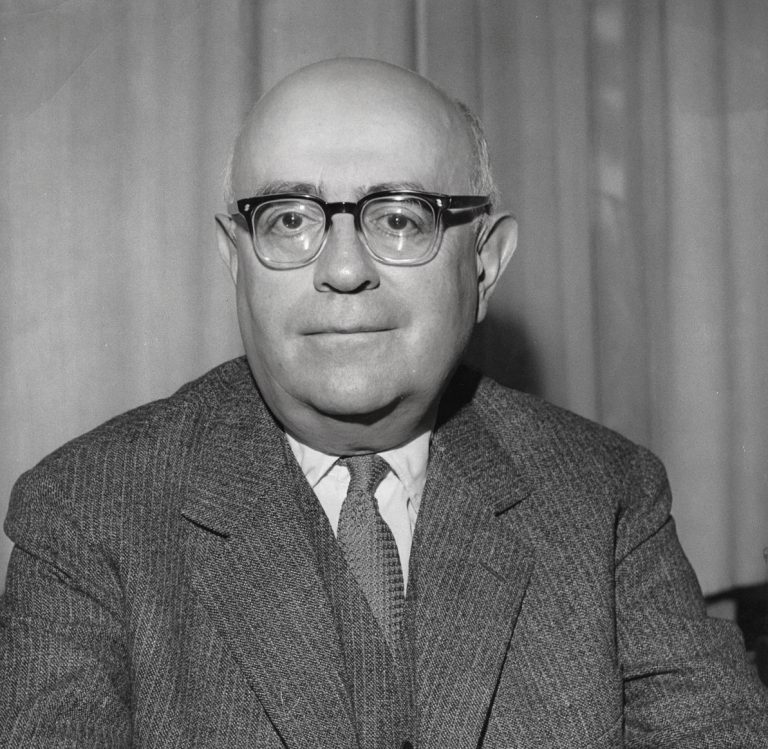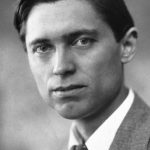Date of Birth: September 11, 1903
Zodiac Sign: Virgo
Date of Death: August 6, 1969
Biography
Theodor W. Adorno was a seminal German philosopher, sociologist, psychologist, and musicologist, widely recognized for his contributions to critical theory and his association with the Frankfurt School. Born on September 11, 1903, in Frankfurt am Main, Germany, Adorno was the only child of Maria Calvelli-Adorno della Piana, a singer, and Oscar Wiesengrund, a wine merchant. He demonstrated an early talent for music and philosophy, studying under Alban Berg and at the University of Frankfurt, where he completed his Ph.D. in philosophy. Adorno’s intellectual journey was deeply intertwined with the socio-political upheavals of the 20th century. After the rise of the Nazi regime, he emigrated to the United States, where he collaborated with Max Horkheimer and other members of the Frankfurt School. Together, they developed critical theory, a multidisciplinary approach that sought to critique and change society by addressing power structures, culture, and ideology. Adorno’s most influential works include “Dialectic of Enlightenment” (co-authored with Horkheimer), “Minima Moralia,” and “Negative Dialectics.” His work in musicology, particularly his critique of popular culture and the culture industry, also left a lasting impact on both academic and public discourse. Adorno returned to Germany after World War II and continued his academic career at the University of Frankfurt until his death on August 6, 1969.
5 Interesting Facts about Theodor W. Adorno
1. Adorno was an accomplished pianist from a young age and studied composition under the renowned composer Alban Berg.
2. He was a central figure in the Frankfurt School, a group of intellectuals who developed critical theory as a response to the failures of traditional Marxism.
3. Adorno was deeply critical of the culture industry, arguing that mass-produced culture pacified the masses and perpetuated capitalist societies.
4. He had a profound influence on the student movements of the 1960s, although he himself had a complex and often uneasy relationship with these movements.
5. Adorno’s work has been influential across multiple disciplines, including sociology, philosophy, musicology, and cultural studies.
5 Most Interesting Quotes from Theodor W. Adorno
1. “The task of art today is to bring chaos into order.”
2. “The whole is the false.”
3. “Art is magic delivered from the lie of being truth.”
4. “Intelligence is a moral category.”
5. “Freedom would be not to choose between black and white but to abjure such prescribed choices.”
Highest Net Worth Achieved
While precise financial data about Adorno’s net worth is not available, his intellectual contributions have left an invaluable legacy in the fields of philosophy, sociology, and critical theory.
Children
Theodor W. Adorno did not have any children.
Relevant Links
2. [Internet Encyclopedia of Philosophy – Theodor Adorno](https://iep.utm.edu/adorno/
5. [Britannica – Theodor W. Adorno](https://www.britannica.com/biography/Theodor-W-Adorno


